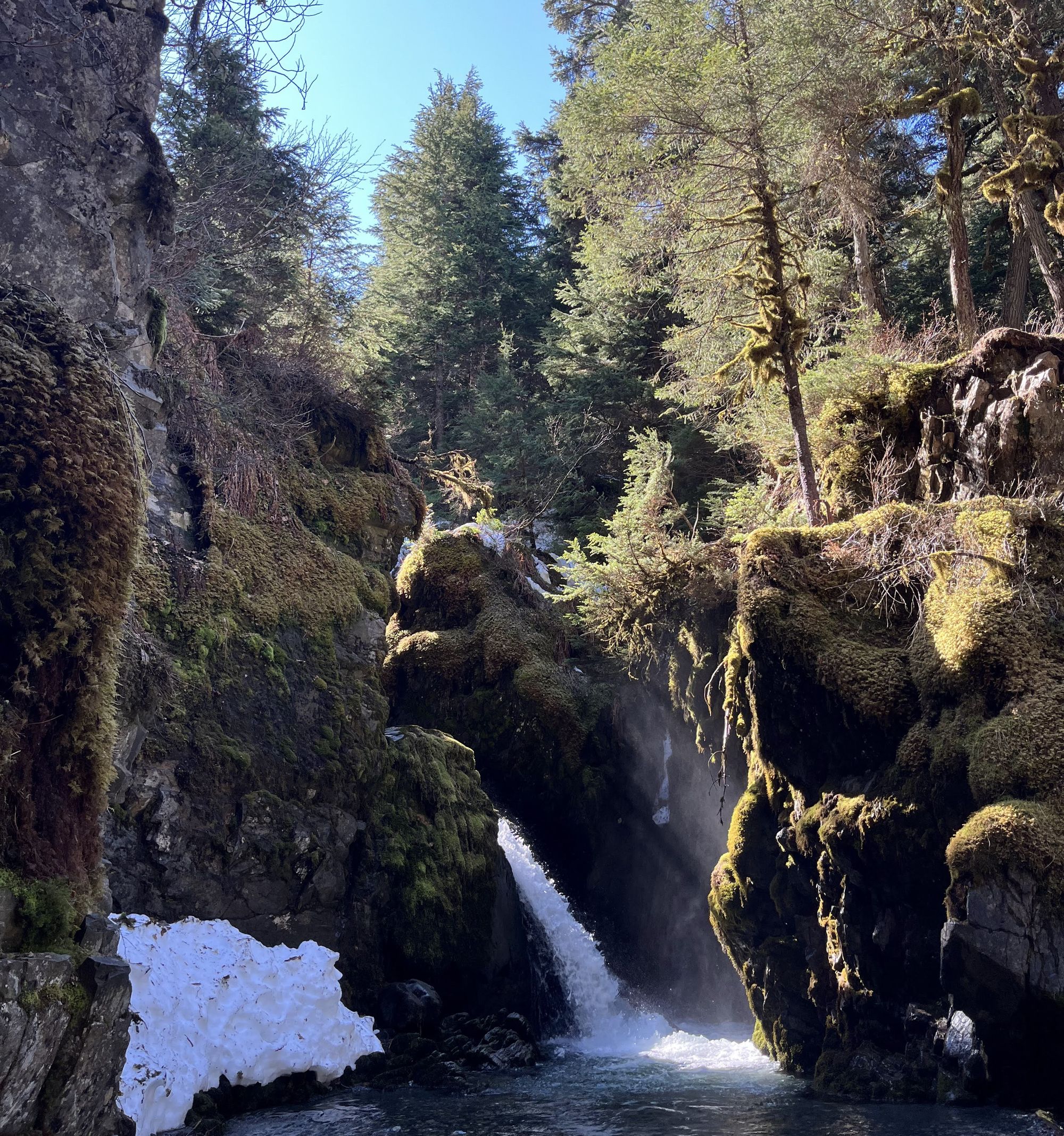What Works for Them
Their tradeoffs don't have to be yours

It was the tour company's first kayaking trip of the season, and the weather could not have been more perfect as we set out upon the Alaskan waters.
One of our guides, Trent, was from the South. During our whole expedition, I never heard him say yes or no--only yes ma'am or no ma'am.
My parents love hearing peoples' stories, so they inquired about his.
"I just graduated in December with a degree in microbiology. I had been applying to grad schools but wasn't really sure that's what I wanted yet. I also applied here and figured, whoever accepted me first, that's where I'd go. Well, this place made me an offer before I heard from any grad schools, so I took that as I sign."
"Oh wow."
"Yeah, I've decided to work seasonal jobs like this for a few years before going back to grad school. Eventually, I'll probably work in the pharmaceutical industry."
Though we were both fresh college grads, I was about to start my full-time job in two weeks. He was about to spend the next couple of years doing seasonal work exploring the natural world before being "forced" to enter the working world.
I didn't know that was an option.
Another story on this same trip...
"So how'd you get this gig?" my parents asked the puppy trainer.
She indulged them, "When I graduated high school, I didn't know what I wanted to do with my life, so I sent the kennel's owner a letter, and he gave me this job."
"Wow."
"I had never trained a dog or even owned any pets before, but here I am!"
We were at a kennel that trains dogs for the Iditarod, an annual long-distance dog sled race that spans the length of Alaska. Before she explained her story, I had assumed our guide, a girl who was around my age, was from the area and became indoctrinated into this dog-training family business because she grew up around it.
I was wrong. She was from a different state, nearly a different world, and had found her way into this very unique lifestyle where the dogs had nicer housing than the staff. The dog cabins had running water and electricity; the workers' cabins did not. Yet she seemed to love her life.
Hearing these two strangers' stories made me question mine in ways I hadn't before.
What was I doing with my life? In their physical prime, these two were going to experience the beautiful outdoors every day, and I was about to go sit in a cubicle for 40 hours a week.
Though we were in similar life stages, they chose a different lifestyle--one I had never considered an option.
You mean to say I can do something other than work a 9-5 after college? Though logically I knew that to be true, when you see all your peers marching across the graduation stage straight into Corporate America, there hardly seems to be any other realistic path.
At first, the juxtaposition between my life and theirs was unsettling. It was hard not be jealous of their freedom and their fun work.
But eventually, I came to realize an important lesson: tradeoffs are not universally sacrificial. In other words, despite how easy it is to envy their lifestyle, I know it wouldn't make sense for me to live like that, so it doesn't make sense for me to be jealous.
Sure, in a literal sense, by taking a 9-5 office job I am trading off the opportunity to work (supposedly) more fun seasonal jobs exploring the great outdoors. However, since I strangely enjoy knowledge work and appreciate seeing the same faces week after week, year after year, this doesn't feel like much of a tradeoff to me in a sacrificial sense.
As someone who thrives on routine, their life would not work for me. The uncertainty would gnaw away at me. The "boring" 9-5 office job suits me better because I crave the stability it offers.
There is temptation from either side to judge the other.
On the one hand, some people cannot imagine wasting away their youthful, most healthy vibrant years behind a computer screen working a traditional job. They will get the most satisfaction from exploring the world. After all, you're only young once. In theory, a life of few responsibilities and constant adventure sounds amazing.
But for others, (and I fall into this boat), that lifestyle would make me angsty. Though it would be cool and glamorous and memorable to travel around and live a constant adventure, I would struggle with the transience of that lifestyle.
The point is not that one choice is better or worse than the other (or even that these are your only two options), but that the reasoning behind picking one path over the other isn't equally applicable to everyone.
It’s amazing the things we envy just because we think we should want them. Everybody doesn't desire the same things, and we don't have to feel guilty about that.
When you're chasing experiences just because you think it's what you should be doing, in an ironic twist--whether you're in a cubical or in a kayak--this can become its own rat race.
The person who chooses to forgo the traditional career doesn't have to feel guilty about not wanting the standard definition of success. The person who doesn't mind traditional work doesn't have to feel guilty about the adventures they aren't having.
The Life is Good slogan is simple, but the best reminders are: "Do what you like, like what you do." There are no shoulds for them, me, or you.
